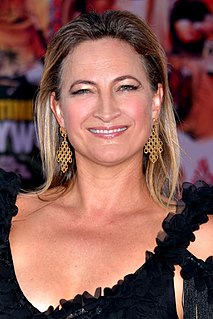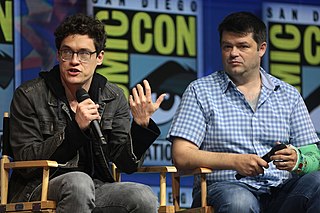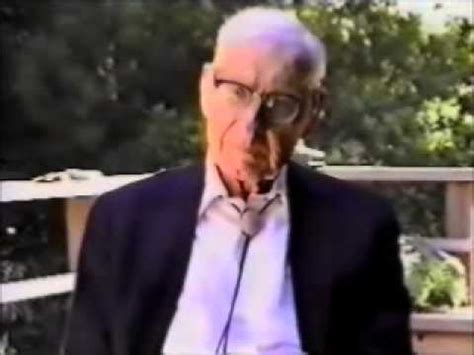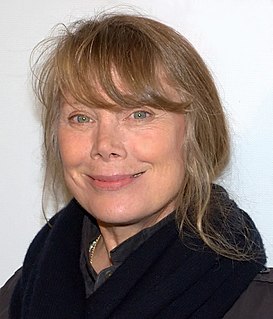A Quote by Lauren Lapkus
You have to go as hard as you possibly can, or it's going to be weak. Whenever I find myself not committing fully to a character, it's not as funny. It doesn't have that clear point of view, and you find yourself wandering all over the place, whereas committed characters make strong choices that are clear to the audience.
Related Quotes
I find myself speaking through the other characters, putting ideas in their voices and heads. Writing almost becomes a splitting of myself into multiple personalities. But I don't write to make an argument on behalf of any of the characters, or to prove anything about a character. I think that's important that I be serving the story first and not my own point of view.
The right wing can use anything, and we have to make it very clear and I make it very clear that my love for the president in terms of protecting him and respecting him but also correcting, now all three of those are crucial, and if I can do all three, then the right wing can use it whatever they want, and I'm just clear where I stand, over against them but also critical when the president leans toward the strong, rather than the weak.
When we are clear enough about our own point of view, we can find help in the methods of Eastern Christianity or in the ways of the Far East, perhaps by consulting the I Ching or through mandala contemplation; we may even find help in the ways of shamanism or Islam. If we are clear about where we stand and the direction we must take, such methods may be useful in order to follow our own way to the end.
There have been times I thought that when I got a certain point in the story, a certain character was going to do a certain thing, only to get to that point and have the character make clear that he or she doesn't want to do that at all. That long phone conversation I thought the character was going to have? He hangs up the phone before the other person answers, and twenty pages of dialog I had half written in my head go out the window.
One of the things that's important for anybody adapting source material that is primarily a male buddy picture is to find ways to latch on to strong female characters in the piece and bring them to the forefront and celebrate their point of view alongside the men; otherwise, it becomes a sausage party, and it's a singular point of view.




































